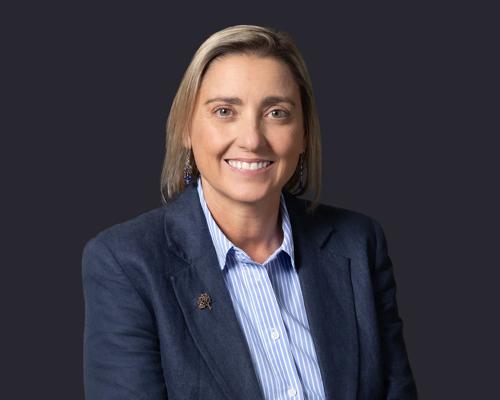Patients' rights during Covid-19
We have received a number of queries from our health and social care organisational clients regarding specific rights of social and healthcare patients they are treating and caring for during the COVID-19 Pandemic. We therefore thought it would be of assistance to provide another free webinar exploring these issues and answering commonly raised questions.
We have received a number of queries from our health and social care organisational clients regarding specific rights of social and healthcare patients they are treating and caring for during the COVID-19 Pandemic. We therefore thought it would be of assistance to provide another free webinar exploring these issues and answering commonly raised questions.
Please note the focus of this webinar is to help NHS, Independent health provider and social care organisations understand the position during this emergency period.
The webinar will be an opportunity for your questions to be answered and will focus on:
- Visits between patients and their families
- Right to treatment and DNA CPR
- Seclusion, Isolation and Social Distancing (MHA and MCA considerations)
- Capacitous patients/service users failing to adhere to Covid-19 guidance
The webinar will be chaired by Gerard Hanratty, Partner and Head of Health at Browne Jacobson.
This webinar took place on 23rd April and is now available on-demand.
A recording will also be available to watch from our LinkedIn page after the live session.
Speakers

James Arrowsmith
Partner
James Arrowsmith specialises in high value personal injury, including head and spinal injury, and insurance coverage, including interpretation, non-disclosure breach of terms and motor insurance law.
james.arrowsmith@brownejacobson.com
+44 (0) 330 045 2321

Mark Barnett
Partner
Mark Barnett specialises in clinical negligence and healthcare law, dealing with inquests, cases in the court of protection and advising health and social care clients on the Mental Capacity Act, DoLS and Mental Health Act.
mark.barnett@brownejacobson.com
+44 (0)330 045 2515

Rebecca Fitzpatrick
Partner
Specialises in all aspects of mental health and general healthcare law. Vast majority of practice that leads to court involvement is in the Court of Protection (mental capacity issues), the High Court (complex treatment cases, eg involving children), the Administrative Court (judicial review, human rights and community care issues) and the Coroner’s Court.
rebecca.fitzpatrick@brownejacobson.com
+44 (0)330 045 2131

Gerard Hanratty
Partner
gerard.hanratty@brownejacobson.com
+44 (0)330 045 2159

Ed Pollard
Partner
Ed specialises in Healthcare Advisory including Inquests, Mental Health law, the Court of Protection, the Deprivation of Liberty Safeguards, fitness to practice and data protection issues.
ed.pollard@brownejacobson.com
+44 (0)330 045 2107






































